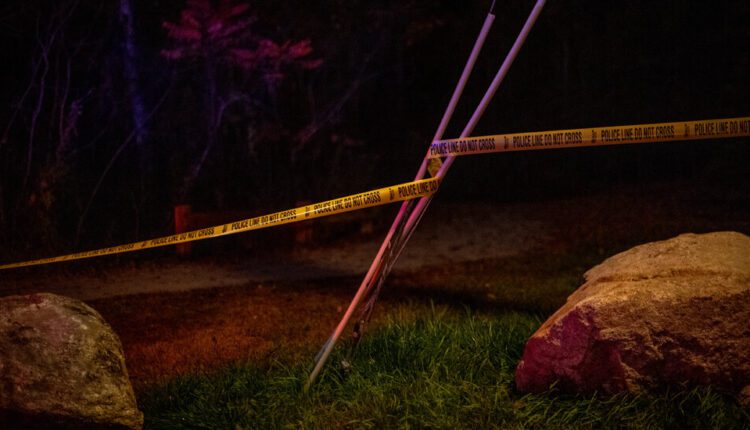
Maine Shooter’s Warning Signs Ignored: Why?
TL/DR –
Robert Card, who killed 18 people in a mass shooting in Lewiston, Maine, had shown several warning signs including hearing voices, planning violence and marked changes in behavior. Despite these signs being known to his family, the military superiors and the local police, no one was able to prevent the violence. The tragedy highlights issues with the mental health system, weak laws, and reluctance to infringe upon personal liberties, as even those who are on the radar for potential violence can still fail to receive necessary intervention.
Missed Warning Signs Preceding the Tragic Lewiston Shootings
Robert Card, the perpetrator of last week’s mass shooting in Lewiston, Maine, exhibited clear warning signs before the incident. Despite hearing voices and expressing violent intentions, no intervention prevented him from killing 18 people. This case highlights the shortcomings of the mental health system, gun laws, and the importance of personal liberties in the prevention of violence.
The Lewiston mass shooting happened despite Card being on the radar of multiple systems, including his family, the military, and local police. The Violence Project’s Executive Director, Jillian Peterson, noted that his case demonstrates the difficulty in effectively intervening even when an individual is identified as a potential threat.
Alarm Bells Ignored Despite Apparent Mental Distress
Records reveal alarming concerns about Card’s mental state from family members and colleagues in his Army Reserve unit. Despite efforts to communicate and intervene, Card’s escalating mental distress was not sufficiently addressed. According to J. Reid Meloy, a forensic psychologist and FBI consultant, Card received inadequate treatment for a serious condition, contributing to the tragedy.
The Tragic Consequences of Failed Interventions
Card’s mental distress escalated after a breakup with a woman he met at a local bar, the same establishment he later attacked. His sister, Nicole Herling, revealed that he stopped taking prescribed medication, growing increasingly paranoid. His brother, Ryan, also shared concerns with police, stating that Robert “could not be reasoned with”.
The Failure of Legal Systems and Processes
Despite Card’s alarming behavior, authorities failed to take sufficient action. An attempt by a local sheriff’s deputy to start an intervention process fell short. Experts suggest that this type of misstep is common, with individuals often not taken seriously enough when they express violent intentions. Dr. Peterson stressed that Card’s clear threat to commit violence should have triggered more decisive action.
Missed Opportunities and Further Investigation
Maine’s Governor, Janet Mills, has announced the creation of an independent commission to investigate the event. Meanwhile, the Army Reserve is investigating Card’s service record. The police had two legal options to address the situation; however, they did not take either action.
The Challenge of Addressing Mental Health and Firearms
Experts highlight the challenges of addressing mental health issues and firearms. A stigma against “snitching” and fear of retribution may discourage people from reporting concerning behavior to authorities. Card resisted receiving help, and despite brief hospitalization and restrictions on his access to military weapons, he remained a threat.
Looking Forward: The Need for Action
The authorities had clear warning signs of Card’s intentions, yet his access to firearms was not restricted. The Sagadahoc County sheriff’s office could have used a local law to remove Card’s guns for up to a year but did not take this action. Despite the tragedy, the sheriff’s office insists it followed procedures correctly. Investigations are ongoing and changes may be required to prevent similar tragedies in the future.
—
Read More US News
